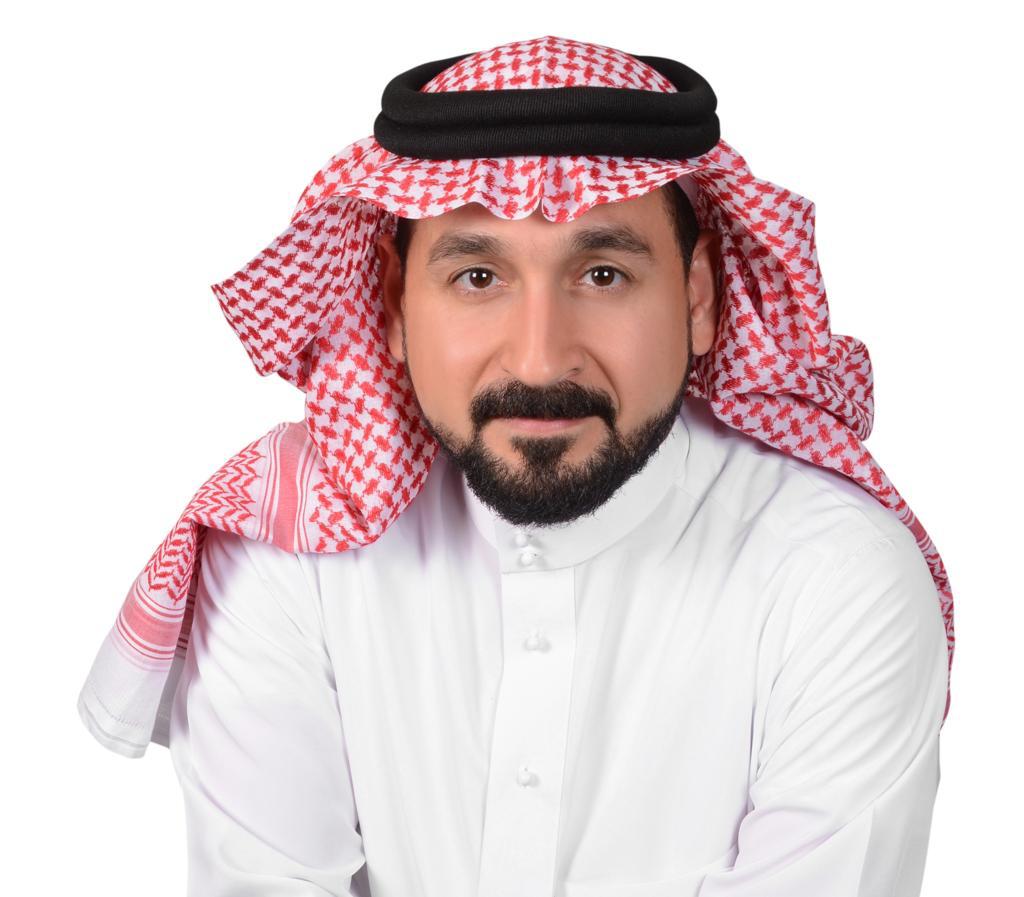Most Read
The Power of Skilled Workforces: King Abdulaziz University Journey and Taiwan's Semiconductor Success
الخميس - 21 سبتمبر 2023
Thu - 21 Sep 2023
Dear reader, I would like to start today's article with a quote from His Royal Highness Crown Prince Mohammed bin Salman: "We welcome dreamers who want to create a new world."
Today, we will talk about the Importance of Developing a Skilled Pharmaceutical and Biotechnology Workforce in Saudi Arabia. In recent years, the fields of pharmaceuticals and biotechnology have seen unprecedented growth and innovation worldwide. Recognizing the importance of these sectors for its future economic prosperity and healthcare advancement, Saudi Arabia, led by institutions like King Abdulaziz University, has embarked on a journey to develop a skilled pharmaceutical and biotechnology workforce. This endeavor is critical for the nation's self-sufficiency in healthcare and its emergence as a regional and global player in these industries.
A skilled pharmaceutical and biotechnology workforce is crucial for ensuring that Saudi Arabia can produce its innovative medications and biotechnological products. This self-sufficiency reduces the nation's reliance on foreign imports and ensures a stable supply of essential drugs and medical technologies. This became especially evident during the COVID-19 pandemic when many nations faced shortages of critical medical supplies.
Saudi Arabia, traditionally reliant on oil exports, has been actively seeking economic diversification. The pharmaceutical and biotechnology sectors provide an excellent opportunity to achieve this diversification by generating new sources of revenue. Developing a skilled workforce in these fields can attract foreign investment, create high-value jobs, and stimulate innovation.
Skilled professionals in pharmaceuticals and biotechnology can drive research and development efforts within the country. This has the potential to result in the development of state-of-the-art medical treatments, diagnostics, and therapies that can significantly improve the quality of healthcare services available to Saudi citizens. This, in turn, would reduce the necessity for seeking medical treatment abroad, ultimately yielding a positive economic impact on the country.
Now, revisiting the article's title, let's establish a comparison with Taiwan's semiconductor industry experience to underscore the significance of nurturing human capital for driving economic transformation. How does this relate to King Abdulaziz University?
Taiwan, despite being a geographically small island, offers a compelling case study illustrating the transformative potential of investing in human capital. In its historical context, Taiwan predominantly relied on agriculture for its economic sustenance. Nevertheless, through purposeful initiatives aimed at cultivating a highly skilled workforce, the nation achieved a remarkable transition, emerging as a dominant force in the global semiconductor industry, currently accounting for approximately 70% of the global market share.
Taiwan made significant investments in education, particularly in science and technology fields, to cultivate a skilled workforce. This commitment laid the foundation for the development of the semiconductor industry. Taiwan fostered close collaboration between academia and industry. Universities worked hand-in-hand with semiconductor companies, creating a continuous pipeline of talent and fostering innovation.
In both Saudi Arabia's quest to develop a skilled pharmaceutical and biotechnology workforce and Taiwan's semiconductor industry journey, human capital development is central to the success of these industries. The parallels between these two experiences emphasize the importance of investing in education, fostering collaboration between academia and industry, and providing government support to nurture skilled professionals who can drive economic transformation.
Dear reader, I have been closely working and collaborating with numerous national and international pharmaceutical companies, drawing from my extensive executive strategic leadership and investment experience within the pharmaceutical and biotechnology sectors locally and globally, I can confidently assert that King Abdulaziz University, a recognized academic and research powerhouse both nationally and globally, holds the substantial potential to help the Kingdom in replicating innovative Taiwan's remarkable success in semiconductors across a diverse range of fields and industries, including pharmaceuticals and biotechnology Through strategic partnerships with prominent entities in both local and global private sectors, such as SaudiVax and Sartorius, and through forging alliances with vital governmental bodies like the Saudi Human Resources Development Fund, the Saudi Commission for Health Specialties, as well as other pivotal sectors within the Kingdom, including the Ministry of Education, Ministry of Industry and Minerals, Ministry of Health, Ministry of Investment, Saudi FDA, and more, the university, alongside these influential stakeholders, can assume a central role in nurturing a world-class workforce specialized in the fields of pharmaceuticals and biotechnology. This collaborative synergy between academia, industry, and government is undeniably vital, serving as the linchpin for fostering innovation, facilitating the seamless transfer of knowledge, and molding an exceptionally skilled workforce capable of catalyzing a transformative evolution within Saudi Arabia's pharmaceutical and biotech landscapes.
The emulation of Taiwan's outstanding achievements holds paramount significance for Saudi Arabia's overarching goals of achieving economic diversification, heightened global competitiveness, and advancing healthcare services, aligning seamlessly with the nation's ambitious Vision 2030. This well-planned investment in human capital not only stands to fortify the country's economy but also promises to enhance its healthcare capabilities, thus inevitably elevating the overall quality of life for its valued citizens. With unlimited support from our government and the backing of all relevant sectors, the Kingdom of Saudi Arabia will become a significant global hub for pharmaceutical and biotechnology industries.
Related Articles

What is the Virtual Pharmaceutical Companies?What is the Virtual Pharmaceutical Companies?

What is the Ecosystem of the Pharmaceutical and Biotechnology Industries?What is the Ecosystem of the Pharmaceutical and Biotechnology Industries?

Bangladesh Signs Charter to Become a Member State in the Digital Cooperation Organization on the sidelines of the United Nations General AssemblyBangladesh Signs Charter to Become a Member State in the Digital Cooperation Organization on the sidelines of the United Nations General Assembly

Launch of the ‘UN Group of Friends for Digital Cooperation’ to Foster Sustainability and Inclusivity at the United Nations Headquarters in New YorkLaunch of the ‘UN Group of Friends for Digital Cooperation’ to Foster Sustainability and Inclusivity at the United Nations Headquarters in New York
